You are here
- Home
- Our Impact
Our Impact

Wednesday, April 15, 2020
Identical Mice, Different Gut Bacteria, Different Levels of Cancer
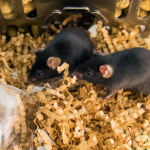
Thursday, April 2, 2020
Mouse Model Provides Breakthrough for Potential New Treatment of Rare Childhood Epilepsy
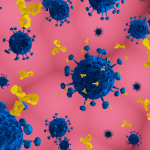
Monday, March 23, 2020
Antiviral Compound Studied in Mice Offers Hope Against Deadly Flu
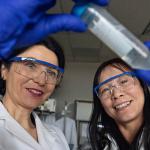
Monday, March 2, 2020
Anti-Leukemia Compound Induces Complete Remission in Mouse Models
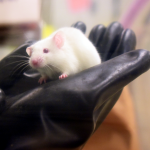
Friday, December 13, 2019
Germ-Free Mice May Hold New Clues for Better Treatment of Iron-Related Disorders
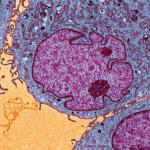
Friday, November 15, 2019
U-M Compound Achieves Lasting Tumor Regression of Leukemia and Lymphoma in Mouse Models
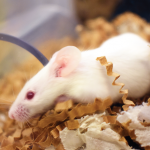
Friday, November 1, 2019
Discovery in Mice Could Remove Roadblock to More Insulin Production
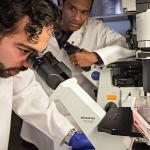
Monday, October 21, 2019
U-M-Designed Compounds Show Promise in Lab, Mouse Models of Advanced Prostate Cancer
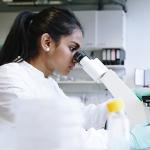
Tuesday, September 10, 2019
Interdisciplinary U-M Team Uses Mouse Models to Make Strides in Tissue Regeneration Research
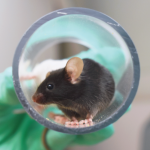
Wednesday, July 10, 2019
Researchers Look to Mice to Better Understand the Formation of Dangerous Blood Clots